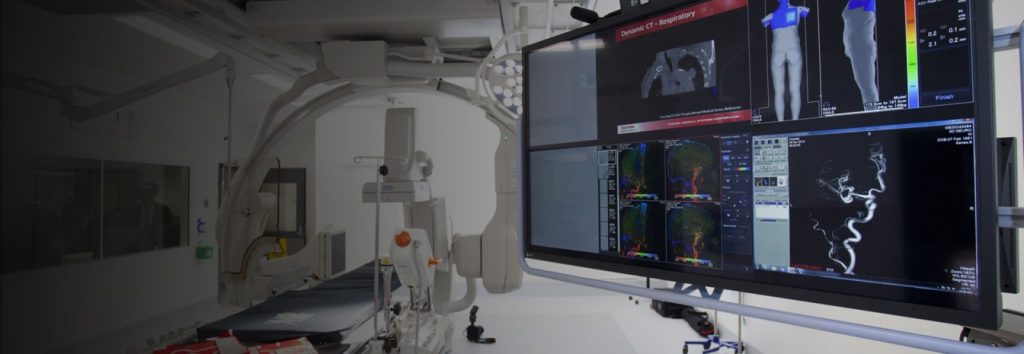
Introduction
Botswana, a nation known for its striking landscapes and cultural diversity, is taking a significant step towards a healthier future. The introduction of teleradiology services marks a pivotal moment in the country’s healthcare journey. In this blog, we will explore how the availability of teleradiology services in Botswana is transforming healthcare and bringing about a positive change in the lives of its citizens.
- Teleradiology Unveiled: A Revolution in Healthcare
Teleradiology is the practice of remotely transmitting radiological images, such as X-rays, MRIs, and CT scans, for interpretation and diagnosis. This technology has emerged as a cornerstone of modern healthcare, placing a strong emphasis on precision and accessibility.
- Overcoming Geographic Barriers
Botswana’s vast and varied landscape, from urban centers to remote villages, has presented challenges in delivering healthcare services to all its residents. The availability of teleradiology services in Botswana is a breakthrough that bridges these geographical gaps, ensuring that quality healthcare is accessible to every citizen, regardless of their location.
- Timely Diagnoses for Prompt Treatment
In the past, patients in remote areas may have had to endure long waiting times for their radiology reports, causing anxiety and treatment delays. The availability of teleradiology has transformed this scenario by facilitating the swift transmission and interpretation of images, ensuring that patients receive timely diagnoses and can initiate treatment without unnecessary delays.
- Access to Specialist Expertise
In smaller healthcare facilities, access to specialized radiologists can be limited. Teleradiology connects local healthcare providers in Botswana with remote radiology experts, ensuring that patients receive the highest quality of care and expert opinions, regardless of their location.
- Improved Patient Outcomes
The availability of teleradiology services directly contributes to improved patient outcomes by enabling timely and accurate diagnoses. Detecting conditions earlier can lead to more effective treatments, better chances of recovery, and reduced patient suffering, particularly in emergency and critical care situations.
- Fostering Collaboration and Knowledge Sharing
Teleradiology not only benefits patients but also promotes collaboration and knowledge sharing among healthcare professionals. In Botswana, it facilitates the exchange of expertise, allowing local providers to learn from their remote counterparts and continuously improve medical services.
- Ensuring Data Security and Privacy
To ensure the success of teleradiology in Botswana, robust security measures must be in place to protect patient data and maintain the confidentiality of medical records. Maintaining the privacy and security of patient information is a top priority.
- Overcoming Challenges for a Healthier Future
While the availability of teleradiology services offers immense potential for healthcare in Botswana, there are challenges to overcome. These include addressing issues related to internet connectivity, ensuring the availability of specialized equipment, and providing training to healthcare professionals in the use of teleradiology technology. Addressing these challenges will be essential for the continued growth of teleradiology services in the country.
Conclusion
The availability of teleradiology services in Botswana is a significant step towards a healthier and more equitable healthcare system. As the country continues to embrace this technology, we can look forward to a future with improved healthcare, better patient outcomes, and a healthier population. Botswana is on the path to a brighter and healthier future, thanks to the availability of teleradiology services.
Service Areas:- Israel – Jerusalem (capital), Tel Aviv, Haifa, Rishon LeZion, Petah Tikva, Ashdod, Netanya, Beersheba, Holon, Bnei Brak, Ramat Gan, Ashkelon, Bat Yam, Rehovot, Herzliya.
